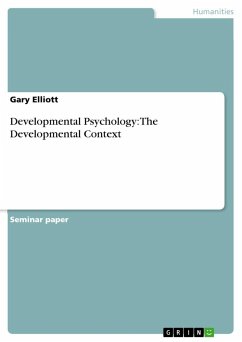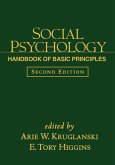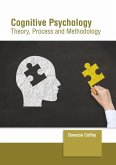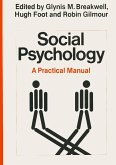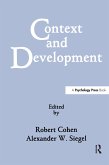Seminar paper from the year 2013 in the subject Psychology - Developmental Psychology, ( Atlantic International University ), language: English, abstract: The family system is the primary context for the child's development and undoubtedly has the greatest impact. The nature-nurture debate continues with regards the human development but this paper focuses its attention on the child's development within its family dynamic; how the child learns to socialise within the family social system and how social issues in the broader sense impact on the child's development. Beyond the primary context of the family, social interactions in the child's peer group and the schooling environment aid in moulding his social development. The impact of the school environment and peer group selection will be discussed in the course of this paper. In addition to the school environment, children make use of media devices and media input more than they did a decade ago and this may also have a profound impact on the child's perceptions of themselves and the world around them; ultimately steering their development in a particular direction. The importance and influence of family relationships, peer relationships and socialisation within these dynamics will dominate the content of this paper. Why a family dynamic? The purpose of the family unit, from its inception with our early ancestors, was and continues to be focused on ensuring the survival of the species. The introduction of offspring enhances the need for cohesion between the parents to safeguard the survival of the child and the continuation of the species. As an extension, the cohesion of the family unit will guarantee the survival of the extended society. Survival of the society, and necessities for it to thrive include five important components, these are outlined in Berk (2000) and are listed as follows: - Reproduction - allowing for the continued numbers in the society, mortality rates and kept stable with birth rates - Economics - the society must manufacture and supply both goods and service - Social order - this component ensures that 'order' in the society is maintained by reducing the level and incidence of conflict - Socialisation - the children of the society need to be socialised by its older, wiser members to become participating members - Emotional support - members of the society must function cohesively, offering support to its members when crises arise As the nature of the family has changed with time, the concept of extended family changes and the family unit has morphed ...
Bitte wählen Sie Ihr Anliegen aus.
Rechnungen
Retourenschein anfordern
Bestellstatus
Storno

